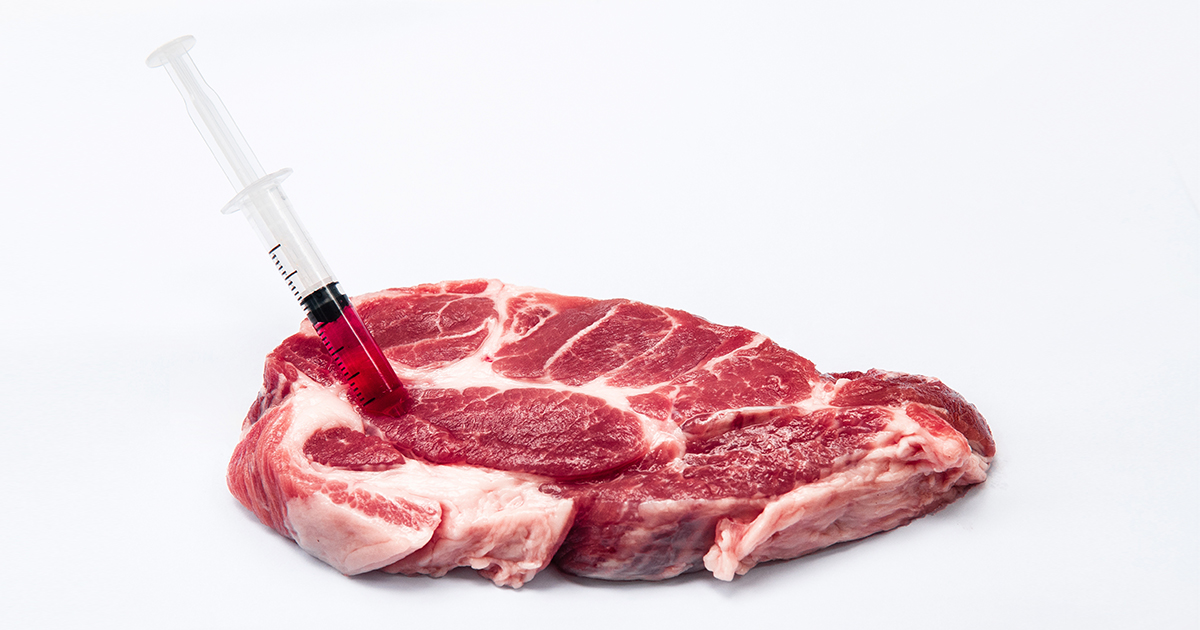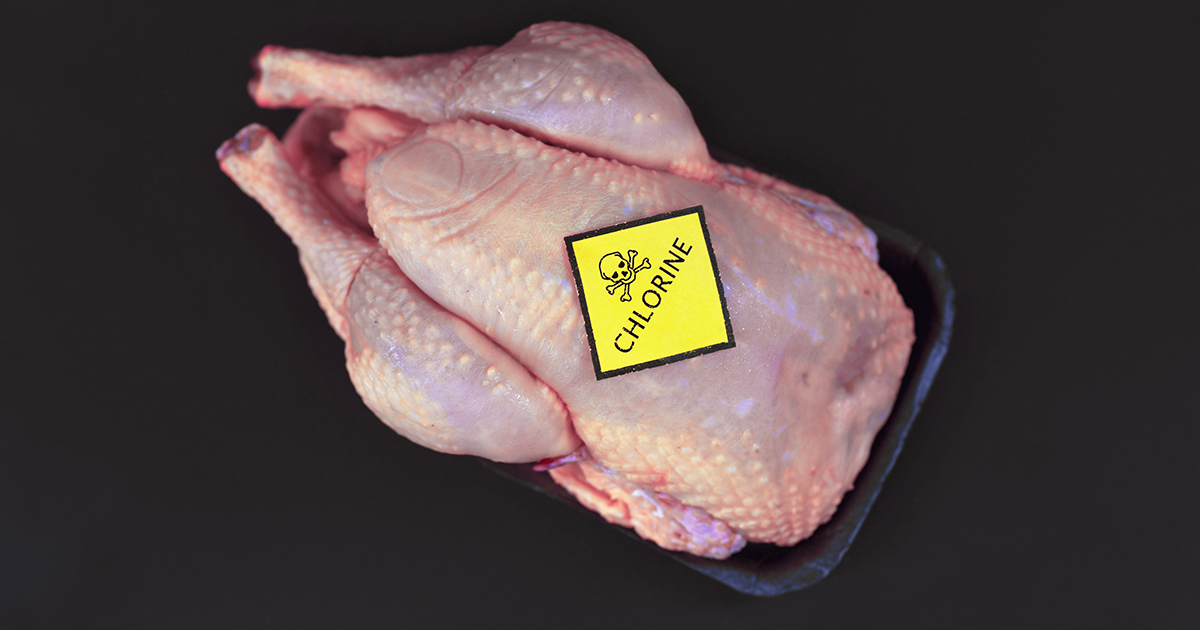With the news being dominated by coronavirus over the past few months, other issues are slipping below the radar.
With work currently being all-consuming, I am barely keeping up with the ever-changing rules of lockdown (are we still calling it that?), never mind anything else. As a result, news that MPs voted against an amendment to the Agriculture Bill back in May had passed me by until recently.
Not up to our standards?
The Agriculture Bill will – among other things – replace the legislation currently covered by the Common Agricultural Policy, which provides legislation for members of the EU.
The defeated amendment aimed to include a clause that would ensure agricultural and food products imported into the UK under any new trade agreements comply with the UK’s own standards. This is incredibly important because food production standards in some countries – the US for example – are much poorer than our own.
Practices such as chlorine washing of chicken and hormone treatment of food-producing cattle and pigs are banned in the EU, but are legal in the US. Both of these pose not only health and welfare issues, but also put the businesses of UK farmers at risk.
Uncompetitive
Lower welfare standard meat produced cheaply in the USA may well seem like an attractive deal from an economic point of view, but importing these products over sourcing higher-quality, British-produced meat will cripple our farmers. It will be impossible for them to both maintain our high standards and compete with those prices.
So what does this mean for the future of the products on our supermarket shelves?
A majority vote in Parliament against the amendment means that it will not be illegal for these lower standard food products to enter the UK under future trade deals. However, that doesn’t necessarily mean they will be imported – although, sadly, it is looking likely.

Fight for your (food) rights
The post-Brexit trade deals are still yet to be finalised, and while it is disappointing the standard of food product imports has not been protected in law, we can still fight to keep chlorinated chicken, hormone-pumped beef and battery cage eggs out of the UK.
In the veterinary community, a few key campaigners have been working hard to protect our standards:
- Conservative MP and vet Neil Hudson voted in favour of the amendment.
- RCVS councillor Danny Chambers started a petition to George Eustice, Secretary of State for Environment, Food and Rural Affairs. “Future UK trade deals must not compromise animal welfare and public health” has, so far, attracted slightly more than 23,000 signatures.
- Farm director Ian Cure – backed by all farm practices within the VetPartners group – is asking UK retailers to prioritise high-standard British food products.
The BVA also continues to lobby to safeguard the UK’s reputation for high welfare and food safety standards, as they have done since the Brexit ball started rolling.
Get involved
But what can we, as individual vets, do?
We can educate our clients, friends and families – many of whom probably take British, or even EU, food production standards for granted and don’t even realise the practices that go on further afield.
We can sign petitions or write to our MPs and, if all these efforts fail, we can support British farming by reading the labels carefully and not buying low welfare standard produce if it does make it into our country and on to our supermarket shelves in the future.

Leave a Reply